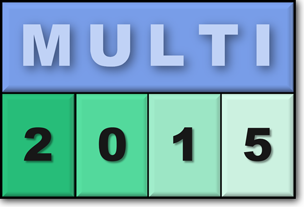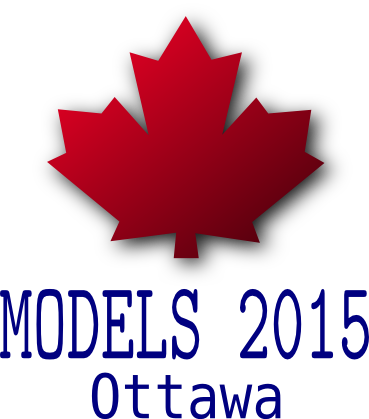As interest in multi-level modelling grows, and the range of multi-level modelling tools expands, there is an urgent need to consolidate the key principles of the paradigm and clarify the essential differences between various approaches. This second two-day incarnation of the MULTI workshop series therefore aims to continue the community building that was successfully initiated in the 1st International Workshop on Multi-Level Modelling held in Valencia in 2014. Although multi-level modeling has now been used successfully in a variety of industrial projects and standards definition initiatives, there is still no clear consensus on what the paradigm actually entails and what the best practices are for applying it. For example, there are still diverging views on whether it is sound to combine instance facets and type facets into so-called clabjects, whether the principles of strict meta-modelling are too restrictive, and if they are, what alternative principles should be used to establish sound multi-level hierarchies. This lack of a foundational consensus is mirrored by the lack of a common focus in the currently available multi-level tools. Until these differences are resolved and the principles and practices of the approach are placed on a solid foundation, multi-level modelling will remain a niche technology and its user base will remain relatively small.
The goal of MULTI 2015 is to build on the momentum established in the first workshop by encouraging the community to delineate different approaches to multi-level modelling and define objective ways to evaluate their respective strengths/weaknesses. One component addressing both these goals is to identify standard/canonical examples specially designed to exercise the abilities of multi-level modelling approaches. Such examples could be the result of or further support an analysis of which high level goals are addressed by multi-level modelling in general. We encourage submissions on new concepts, implementation approaches and formalisms as well as submissions on controversial positions, requirements for evaluation criteria or case-study scenarios. Contributions in the area of tool building, multi-level modelling applications, and educational material are equally welcome.
Topics
Suggested topics include, but are not limited to:
- the exact nature of elements in a multi-level hierarchy and how best to represent them
- the importance and role of potency and its variants such as durability and mutability
- the role of power types and the best way to represent them
- the structure and labelling of a multi-level modelling framework
- methods and technique for discovering multi-level elements, specialisations and classification relationships
- formal approaches to multi-level modelling
- experiences and challenges in providing tool support for multi-level modelling
- experiences and challenges in applying multi-level modelling techniques to large and/or real world problems
- model management languages (transformation, code generation etc.) in a multi-level setting
- criteria for comparing multi-level modelling approaches
- comparisons of multi-level and two-level solutions for modelling problems

